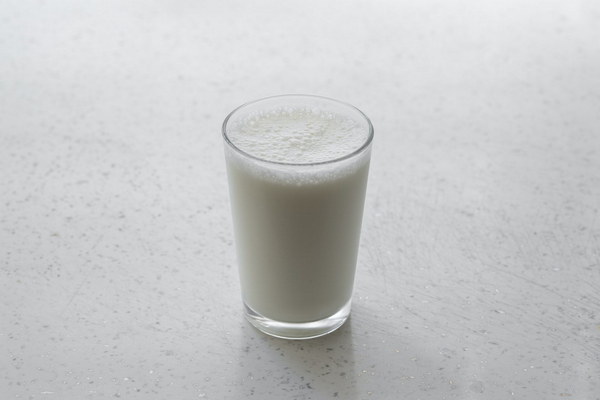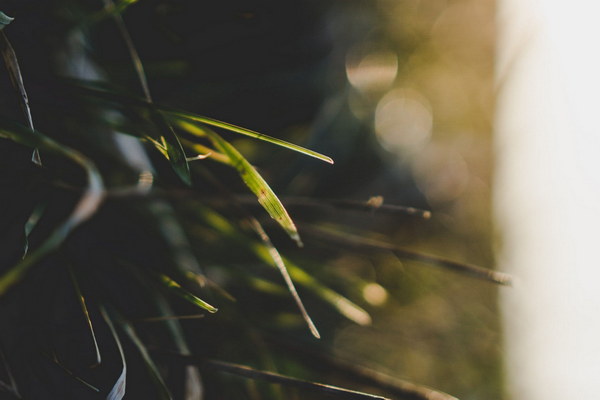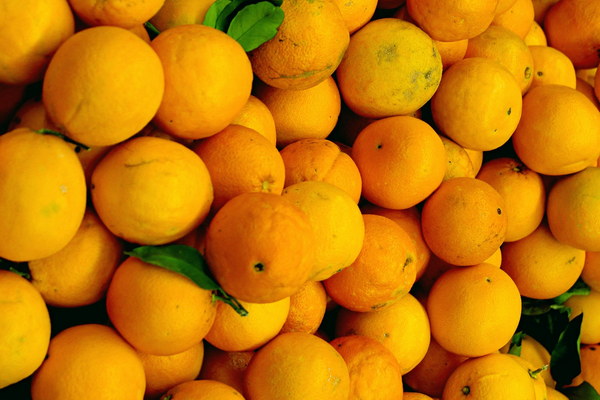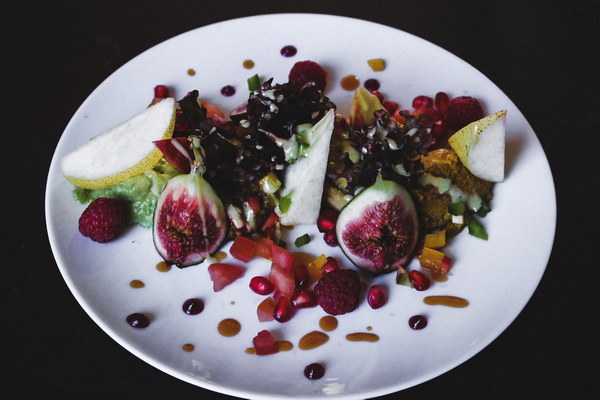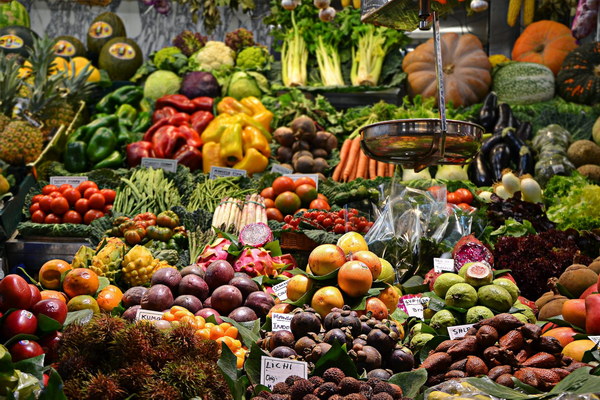Traditional Chinese Herbs for Dampness Relief Say Goodbye to Phlegm and Feel Refreshed!
In the realm of traditional Chinese medicine (TCM), the concept of dampness is a common disorder that can lead to various health issues, including an excess of phlegm. Dampness is believed to be caused by an imbalance in the body's internal fluids, which can result from factors such as overeating, living in a humid climate, or emotional stress. To combat this imbalance, TCM offers a range of natural remedies, including certain herbs that can help alleviate the symptoms of dampness and reduce phlegm production. Here, we explore some of the most effective Chinese herbs for dampness relief and how they can help you say goodbye to that pesky phlegm.
1. Astragalus (Huang Qi)
Astragalus is a well-known herb in TCM for its immune-boosting properties. It's also effective in treating dampness-related conditions, such as fatigue, weakness, and excess phlegm. This herb helps to strengthen the body's resistance to external pathogens and improve overall vitality.
2. Poria (Fu Ling)
Poria is another essential herb for dampness relief, as it is believed to absorb excess moisture from the body. This herb is commonly used to treat conditions such as edema, cough with thick, white phlegm, and general dampness-related discomfort.
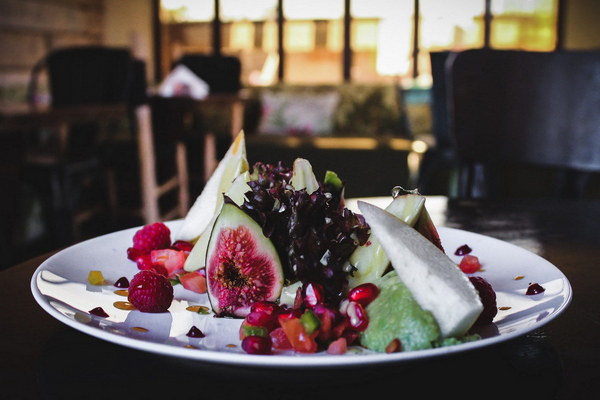
3. Cinnamon (Rou Gui)
Cinnamon is a spice that has warming properties and can help dispel cold and dampness in the body. It's often used to treat symptoms like abdominal pain, diarrhea, and a thick, white coating on the tongue. Additionally, cinnamon can help reduce the production of phlegm and improve digestion.
4. Pine Pollen (Song Cao)
Pine pollen is a potent herb that has been used in TCM for centuries. It's believed to enhance the immune system, improve energy levels, and support respiratory health. Pine pollen can help alleviate symptoms of dampness, including phlegm, by boosting overall health and vitality.
5. Fennel (Hui Xin)
Fennel is a common herb used to treat respiratory issues, such as coughs and colds. It has expectorant properties that can help thin and expel phlegm from the lungs. Fennel is also beneficial for soothing the throat and reducing inflammation.
6. Coptis Root (Huang Lian)
Coptis root is a cooling herb that can help alleviate heat and dampness in the body. It's often used to treat conditions such as damp-heat dysentery, jaundice, and phlegm with a yellowish hue. Coptis root can also help reduce inflammation and improve digestion.
To use these herbs for dampness relief and phlegm reduction, you can prepare them as a decoction or in the form of capsules, powders, or teas. It's important to consult with a qualified TCM practitioner before starting any herbal treatment, as they can provide personalized advice and ensure that the chosen herbs are safe and effective for your specific needs.
In conclusion, traditional Chinese herbs can be a great natural solution for those suffering from dampness-related conditions and excess phlegm. By incorporating these herbs into your wellness routine, you may find yourself feeling more energetic, with a clearer respiratory system and a reduced sense of dampness. Say goodbye to phlegm and embrace the refreshing benefits of traditional Chinese medicine!
